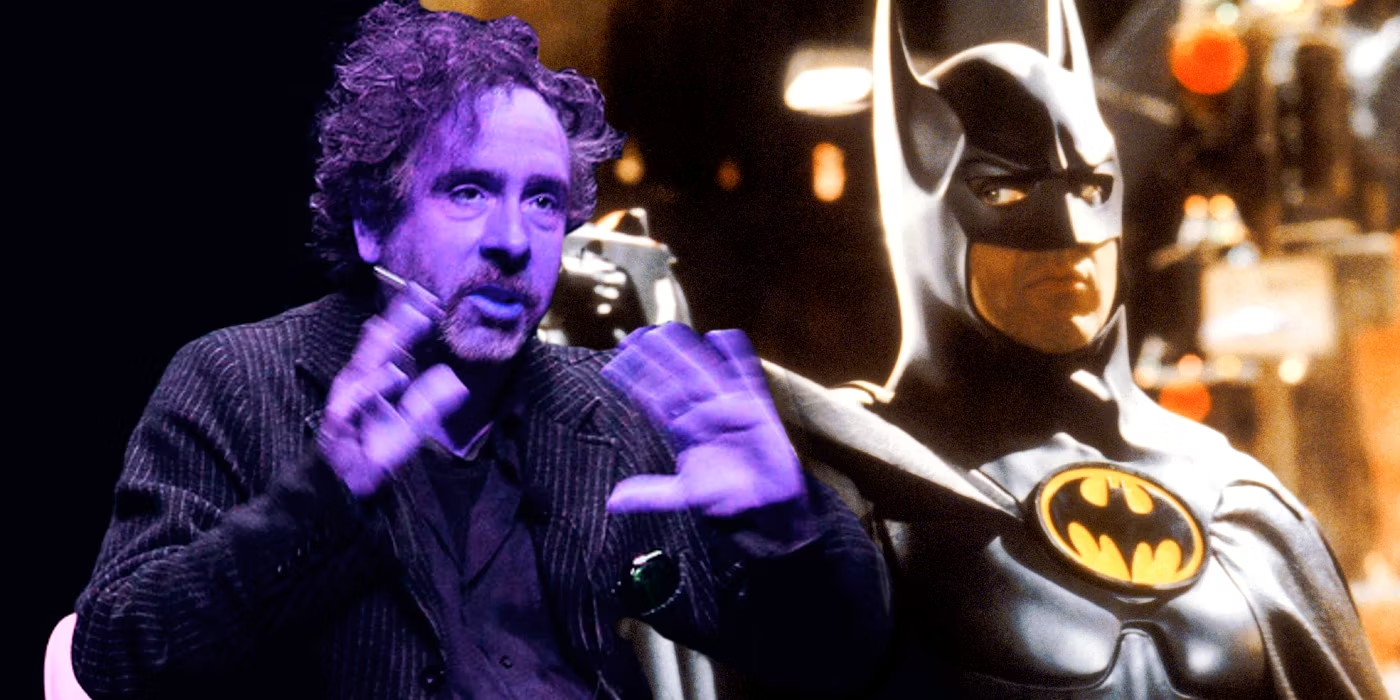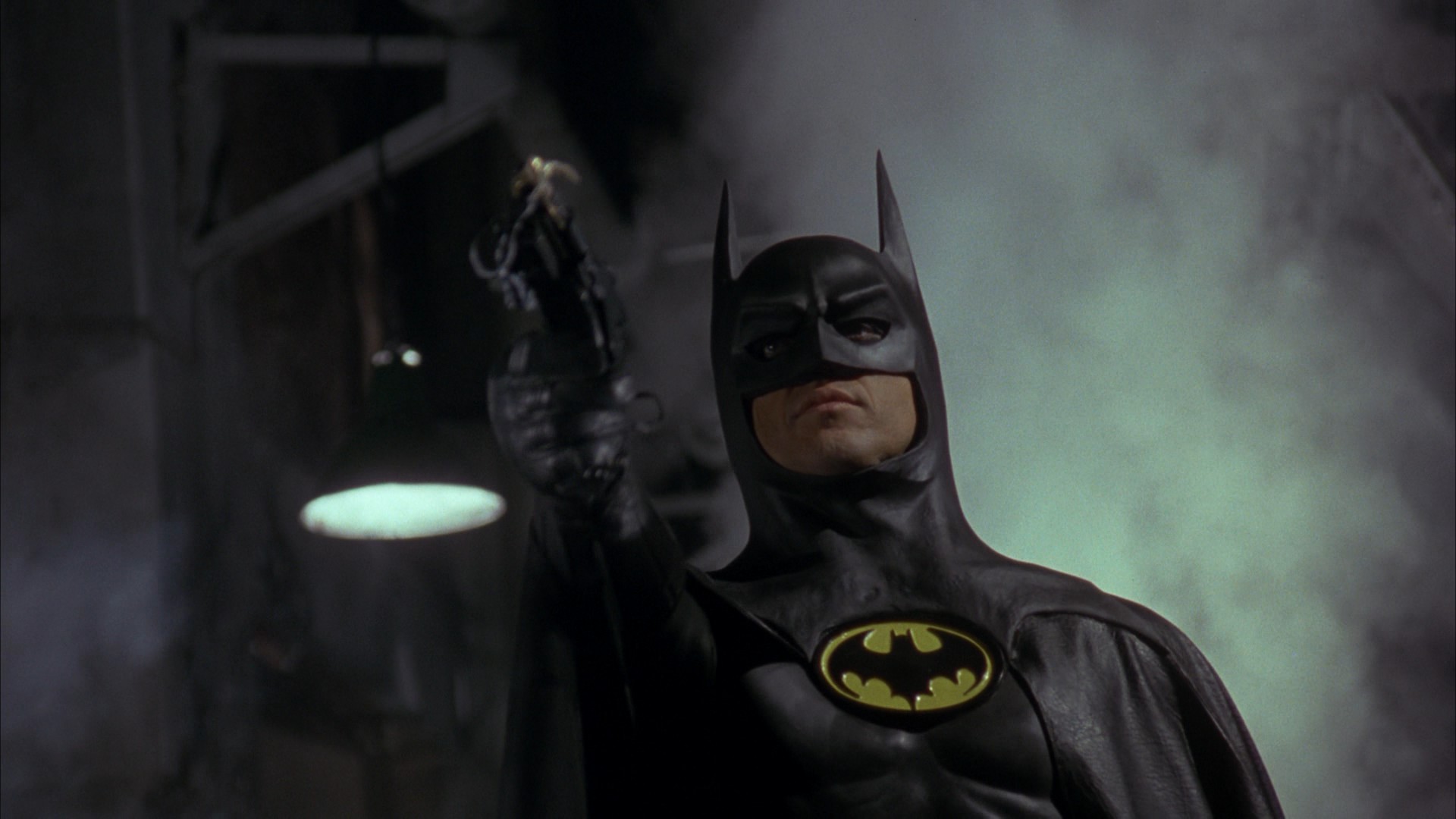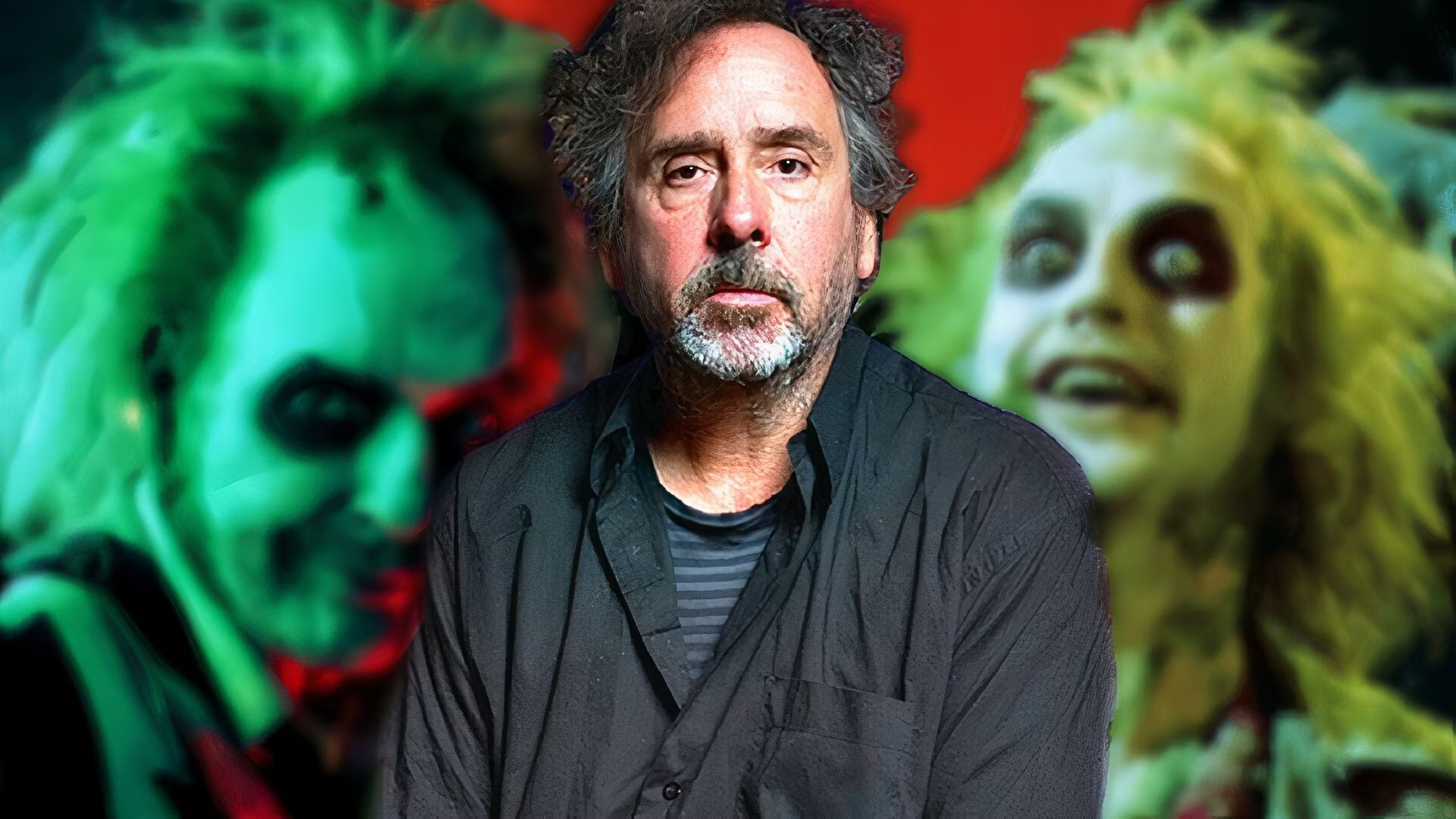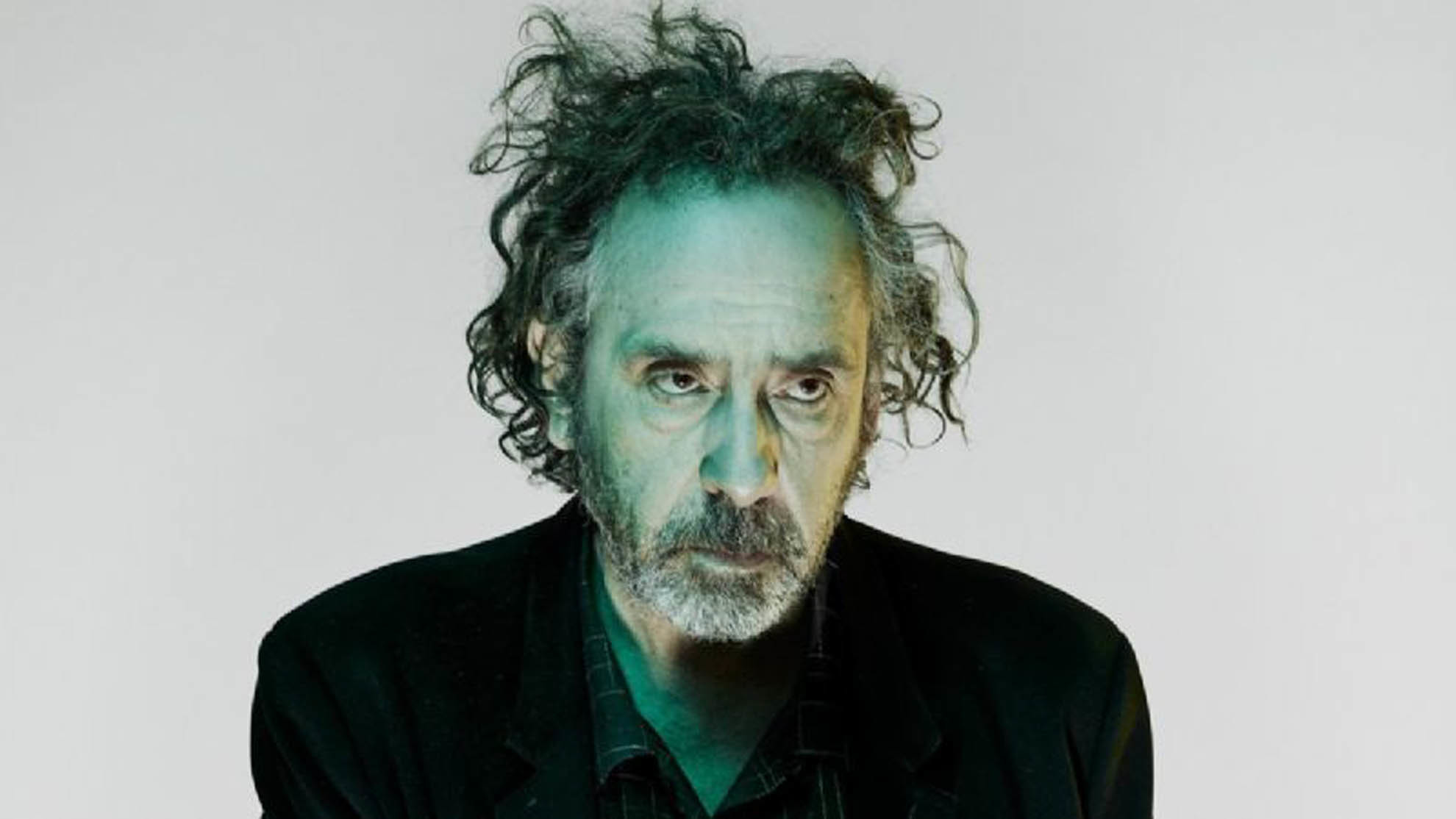Tim Burton, known for his gothic filmmaking style, never envisioned Batman as the traditional superhero depicted in numerous adaptations. His interpretation of the Caped Crusader in the 1989 movie “Batman” and its sequel “Batman Returns” (1992) was radically different from the norm, focusing not on a hero saving the day, but on a man grappling with intense depression.

Michael Keaton’s Batman: An Unconventional Hero
When Michael Keaton was cast as Batman, the choice was initially met with significant backlash from comic book enthusiasts. However, the skepticism quickly dissolved as audiences experienced Burton’s deeply somber and authentic portrayal of Bruce Wayne. The film’s Bruce Wayne wasn’t a typical crime-fighter; he was a deeply troubled individual, shaped by personal trauma and battling inner demons.
Burton’s Batman was a depiction of “a character who’s completely f**ked and doesn’t know what he’s doing,” a far cry from the heroic figures seen in conventional superhero tales.
The Complex Legacy of “Batman Returns”
The 1992 sequel “Batman Returns” polarized fans and critics alike. While some praised the film for its audacious approach and darker tone, others criticized it for straying too far from the expected superhero formula, especially given its targeting of younger audiences with content that bordered on R-rated. Despite these controversies, the film featured memorable performances, particularly Danny DeVito’s portrayal of the Penguin, which added a layer of grotesque yet compelling drama to the narrative.

Financial Success and Cinematic Influence
Despite the polarized reception of his films, Burton’s “Batman” achieved substantial commercial success, earning over $400 million globally. This financial triumph, however, was not mirrored by “Batman Returns,” which garnered just over half of its predecessor’s earnings. Nonetheless, Burton’s influence on the portrayal of Batman is undeniable, setting a precedent for exploring the darker and more complex aspects of the character in later films.
Burton’s Enduring Impact on the Batman Legacy
Tim Burton’s interpretation of Batman as a figure of tragedy rather than triumph has left a lasting impact on the cinematic world. His films explore themes of duality and depression, offering a more nuanced look at what it means to be a hero.
Burton’s Batman is not about saving Gotham from clear-cut villains but about the struggle within, a theme that resonates with audiences even today.

Final Words
Tim Burton’s Batman films remain significant for their unique perspective on a well-trodden hero. By redefining Batman as a character marked by darkness and loss rather than mere heroic valor, Burton added a rich layer to the superhero’s legacy, challenging both filmmakers and audiences to reconsider what makes a hero truly heroic.

